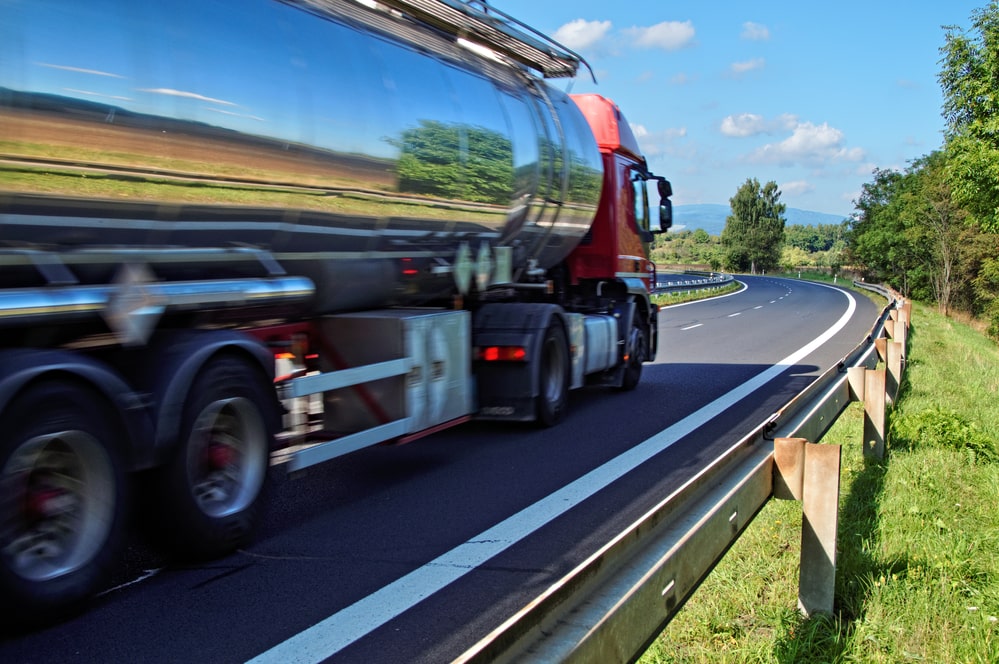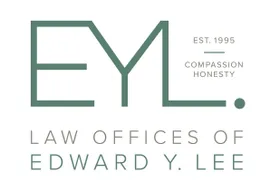The Dangers Of Fuel Truck Accidents

Being in an accident with a fuel truck poses unique and serious dangers that go far beyond the typical risks of a traffic collision. Fuel trucks, due to the nature of their cargo, are potential hazards on the road. When involved in an accident, the consequences can be catastrophic, often leading to severe injuries, fires, or explosions. Understanding why these accidents are so dangerous is crucial for both drivers and passengers on the road.
Hazardous Materials Involved
Fuel trucks carry highly flammable materials, such as gasoline or diesel, which significantly increase the risks associated with a crash. In an accident, even a small breach in the fuel tank can lead to dangerous spills. These fuels are extremely volatile, and if they come into contact with a spark or exposed flame, the situation can escalate quickly into a fire or explosion. Unlike typical vehicle accidents, the presence of hazardous materials in a fuel truck crash means that there is a higher likelihood of life-threatening injuries or property damage.
Attorneys at the Law Offices of Edward Y. Lee can attest to the fact that the nature of these materials can make accidents far more dangerous than other types of crashes. Victims involved in such incidents may face additional complications from burns, inhalation of toxic fumes, and other serious health concerns that result from exposure to hazardous substances.
Increased Impact Due To Vehicle Size And Weight
Fuel trucks are among the largest vehicles on the road, often weighing tens of thousands of pounds when fully loaded. In a collision, the sheer size and weight of these trucks create a significant force of impact, which can result in devastating damage to smaller vehicles. Occupants of passenger cars are especially vulnerable, as their vehicles are not designed to withstand such powerful forces. A lawyer, like a Truck Collision Lawyer knows that the consequences can include severe physical trauma, such as broken bones, spinal cord injuries, and even fatalities.
Even in lower-speed accidents, the heavy weight of a fuel truck can cause serious damage, not just to the vehicles involved but also to the surrounding infrastructure. Roads, bridges, and nearby buildings can be damaged or destroyed in an accident involving a fuel truck, compounding the dangers of the crash.
Environmental Hazards
When a fuel truck is involved in an accident, the risk of environmental harm is also high. Fuel spills can contaminate the surrounding land, water sources, and air, posing long-term environmental hazards. Cleanup efforts after such spills are often extensive and expensive, with potential health risks to the people living in nearby areas. Fuel spills may also lead to road closures and evacuation efforts, creating significant disruptions to the local community.
Emergency responders must act quickly to control the scene, but their efforts can be complicated by the need to manage both the safety of the accident victims and the environmental threats posed by the hazardous materials. This makes fuel truck accidents not only dangerous in the immediate aftermath but also a public safety concern for the area as a whole.
Help After Being Injured In A Fuel Truck Accident
The dangers of being in an accident with a fuel truck are both immediate and severe. From the risk of fire and explosion to the possibility of environmental damage and chain-reaction crashes, these incidents are among the most dangerous on the road. Our friends at Johnston | Martineau PLLP discuss how serious injuries and fatalities are common in these types of accidents, making it essential for victims to seek the right legal support. If you or a loved one has been involved in an accident with a fuel truck, it’s important to understand the unique risks and pursue the compensation you deserve so call a law firm now.
Note: The information provided in this blog post about injury car accidents in Los Angeles is for general informational purposes only and should not be considered legal advice.
Disclaimer: No attorney-client relationship is established by accessing or using this information. Readers should consult with a qualified attorney for advice specific to their situation. The authors make no representations regarding the accuracy or suitability of the information provided and disclaim any liability for reliance on it. Laws and regulations may vary and are subject to change.



